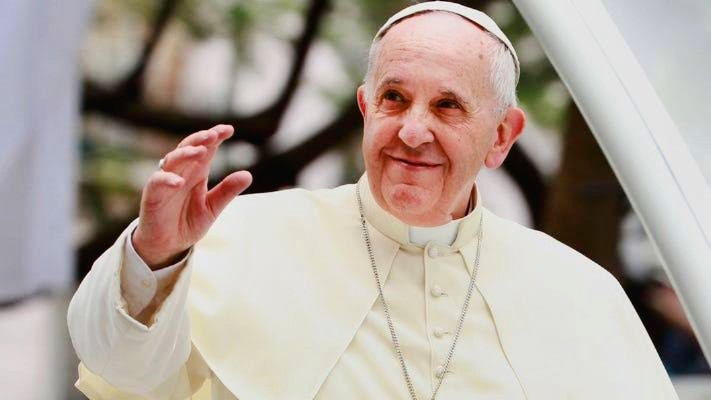AI regulation: Pope Francis calls for binding global treaty
The head of the Roman Catholic Church, Pope Francis, has made a strong call for a global treaty that would regulate the development and use of artificial intelligence (AI) technology.
According to the Pope, such a treaty is necessary in order to prevent algorithms from replacing human values. He has also warned of the dangers posed by a “technological dictatorship” that could potentially threaten human existence.
The pope made his call in a message for the Roman Catholic Church’s World Day of Peace, which is celebrated on Jan. 1
The title of the message, which is traditionally sent to world leaders and heads of institutions such as the United Nations, is “Artificial Intelligence and Peace”.
The Pope’s statement reflects a growing concern among many experts and leaders around the world about the potential negative impact of AI on society.
It came as governments around the world are seeking to balance the advantages of the technology, which can engage in human-like conversations, answer questions and write computer code, against the need to put guard rails in place.
As AI technology advances rapidly, there is a risk that it could be used to automate decisions that should be made by humans, or to perpetuate biases and inequalities in society.
“The global scale of artificial intelligence makes it clear that, alongside the responsibility of sovereign states to regulate its use internally, international organizations can play a decisive role in reaching multilateral agreements and coordinating their application and enforcement,” Francis wrote in the message.
“I urge the global community of nations to work together in order to adopt a binding international treaty that regulates the development and use of artificial intelligence in its many forms,” the pope said.
Last week, the European Union reached a provisional deal on landmark rules governing the use of AI, including governments’ use of AI in biometric surveillance and how to regulate AI systems such as ChatGPT.
Also Read: UK, U.S. unveil global AI guidelines
Risk to survival
Francis called for ethical scrutiny of the “aims and interest of (AI’s) owners and developers” warning that some applications of AI “may pose a risk to our survival and endanger our common home,” a reference to the earth.
“In an obsessive desire to control everything, we risk losing control over ourselves; in the quest for an absolute freedom, we risk falling into the spiral of a technological dictatorship,'” he wrote.
Francis, who has often criticised the armaments industry, warned against the use of AI in weapons systems, saying it could lead to a global catastrophe.
“Research on emerging technologies in the area of so-called Lethal Autonomous Weapon Systems, including the weaponization of artificial intelligence, is a cause for grave ethical concern. Autonomous weapon systems can never be morally responsible subjects,” he said.
The “unique human capacity for moral judgment and ethical decision-making” could not be left to a machine, he said, adding that “it is imperative to ensure adequate, meaningful and consistent human oversight of weapon systems”.
‘No luddite’
At a news conference presenting the message, Cardinal Michael Czerny, head of the Vatican’s human development office, said the 86-year-old pope was “no luddite,” a term referring to someone opposed to new technology.
He said the pope appreciates technological and scientific progress that serves humanity but that Francis was particularly concerned about AI because it is “perhaps the highest-stake gamble of our future”.


Comments are closed.